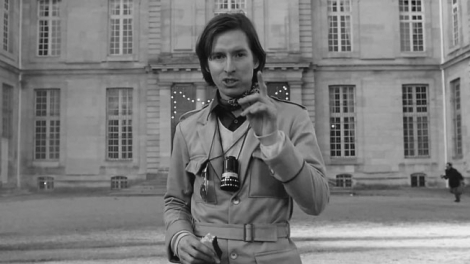The Oxfordshire Schools Film Awards 2016 were held at
Wheatley Park School on Friday 4th November. A number of schools from
Oxfordshire were represented at the event with over 30 films being entered for
the following awards.
- Best Fiction
- Best Music Video
- Best Promotional
- Best Overall Production
Helen McGregor and Gary Shenton, professionals from the world of
media were judging the entries.
Helen is a novelist, poet and experimental filmmaker with over 20
years’ experience in Film Education. She is an Associate Tutor at the National
Film and Television School and was Head of Screen Arts at the Met Film School.
She is currently doing a PhD in Film Theory at Kingston University.
Gary has
been at Film Oxford for almost 15 years. Working in his role as Production
Development Manager he has produced or overseen the production of over 80 short
films, many of them getting national and international festival exposure. In
addition, he has exec- produced cinema features including the highly acclaimed
‘Anyone Can Play Guitar’ and the award winning ‘Thank You Skinhead Girl’. He
manages the BFI Film Academy at Film Oxford, a programme for aspiring young
film makers to gain experience of the industry and has also recently supported
young local film makers to produce short films for C4 /Arts Council Random Acts
strand.
The Marlborough school entered 5 productions; all of which
can be viewed via our YouTube channel www.youtube.com/marlboroughmedia. We were
immensely pleased and proud to win ‘Best Overall Production and ‘Best Fiml
Opening’ we were also highly commended for our music video entry ‘Change in the
House of Flies’. Affirmation of the level of creativity and technical skill our
students are capable of.
Please use the links below if you would like to view the
award winning videos for yourself.
Best Overall Production – ‘Bloom’ by Jordan Bunning, George
Moore and George Young.
Best Film Opening – ‘Siblings’ by Jay Ford
Highly Commended – ‘Change in the House of Flies’ by
Charlotte Hawkins
Many thanks must also go to Guy Stanley, Head of Media
Studies, Joanna Botha, Arts Manager and students at Wheatley Park School for
organising and running such an exciting event.







